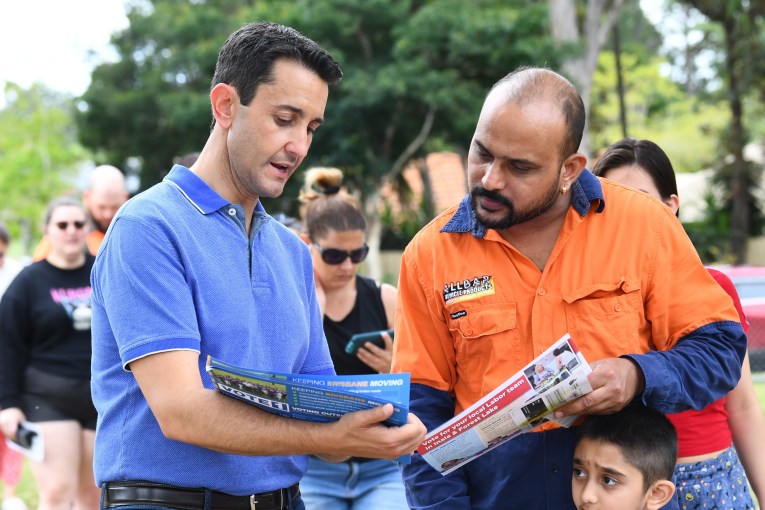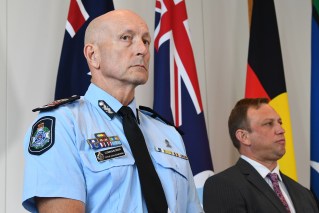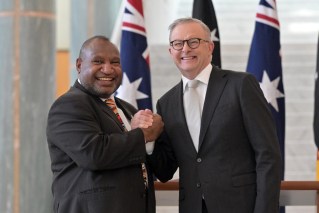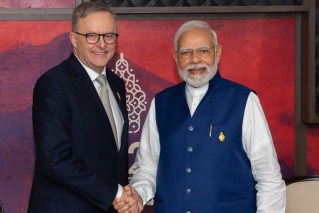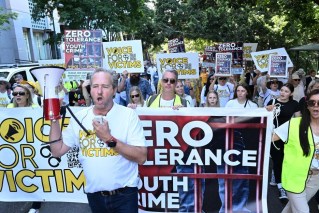Covid control: How this man remains the most powerful figure in Queensland
The Queensland chief health officer’s pandemic powers to order Covid-19 face mask and vaccine mandates, as well as citywide lockdowns, have been extended for six months.
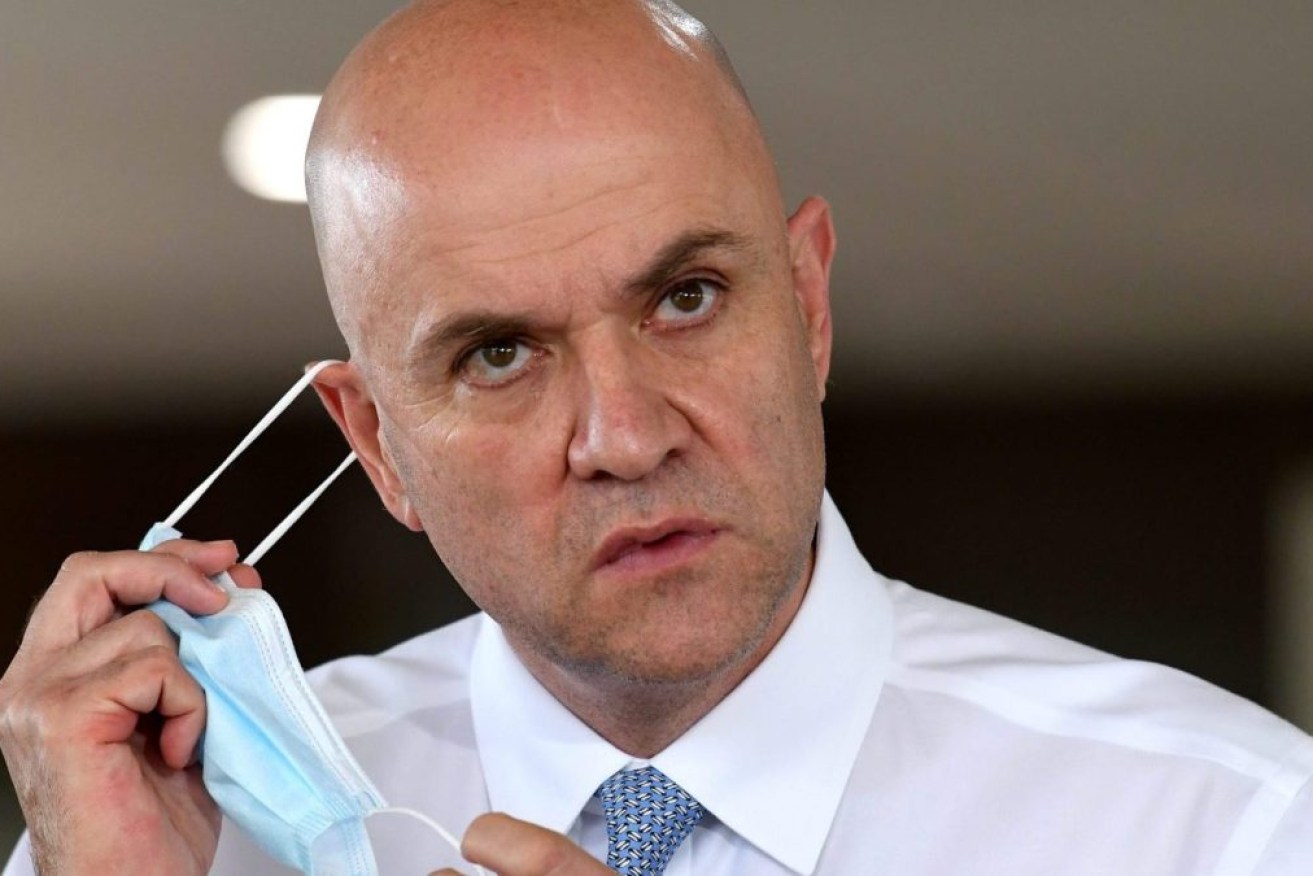
Queensland Chief Health Officer Dr John Gerrard (AAP Image/Darren England)
The Palaszczuk Government passed its public health bill on Thursday night with the support of 48 Labor MPs, but it was opposed by the Liberal National Party, Katter’s Australian Party, One Nation MPs, and independent MP Sandy Bolton.
Health Minister Yvette D’Ath said Chief Health Officer John Gerrard needed the powers to act quickly given the unpredictable nature of Covid-19.
“This bill has been developed in a period of ongoing uncertainty not experienced in a century,” she told parliament on Thursday night.
“For the foreseeable future there will continue to be unknowns.
“Government must have the tools to respond to preserve the health and safety of our people, to protect the community and mitigate disruption to society.
“The government cannot do this without relying on the public health emergency powers included in this bill.”
The extension comes as elective surgeries are expected to be cut at some hospitals in response to thousands of health workers needing to quarantine or isolate.
More than 3300 health workers are currently furloughed, a figure that has more than doubled in the past week and a half.
Ms D’Ath is hopeful the current Omicron wave will not result in a state-wide suspension of elective surgery.
The state recorded another 10,722 cases on Friday, with 376 patients in public hospitals and 13 in ICU.
Another 27 cases are in private hospitals, with one patient in ICU.
Data suggests the state’s current Omicron wave is about a the third of the size of the previous wave in January, Dr Gerrard said.
Queensland appears to be approaching the peak of transmission, with hospital numbers expected to follow in one to two weeks.
The LNP moved amendments to extend Dr Gerrard’s powers only until the end of May, for the government to publicly release the health advice and for a new parliamentary oversight committee for the CHO.
“It is time to provide the public and the parliament all the information with the plan for how we can truly live with Covid,” LNP leader David Crisafulli said.
“To continually accept these laws without the proper oversight, without the proper transparency, would be for this parliament to not be doing its job.”
Ms D’Ath did not respond to transparency concerns, but said winding back the pandemic powers in two months was irresponsible.
The health minister pointed out the federal government had indicated the Covid-19 national partnership agreement would continue until the end of September.
“That they (the LNP) are irresponsibly calling for us to end this before winter shows that they continue to deny that Covid is a serious threat to life,” she said.
D’Ath said while the Queensland Human Rights Commission had called for vaccine mandates to end, the rights of the individual needed to be weighed with those of the general population.
“We know it is hard to weigh up those rights and get the balance correct, but we have to do it,” she said.
“No government has the luxury of making a choice without costs. It is not as simple as choosing between the impact of restrictions and the harm of Covid.
“Rather, we must seek to minimise the impact of both and we must make the decision that balances the respective harms most effectively.”
KAP MP Robbie Katter, who was prevented from speaking in the main debate by the government along with many crossbenchers, opposed the extension of the powers.
The northwest Queensland MP said he was concerned about vaccine safety and the impact of knee-jerk restrictions, such as banning firearm shipments, on his constituents.
“There was a lot of tunnel vision shown by the CHO at times, such as around the firearms issue,” he said.
“The CHO thinks about health and that is fine, but it creates inadvertent consequences.
“Our trust has eroded on this issue.”
